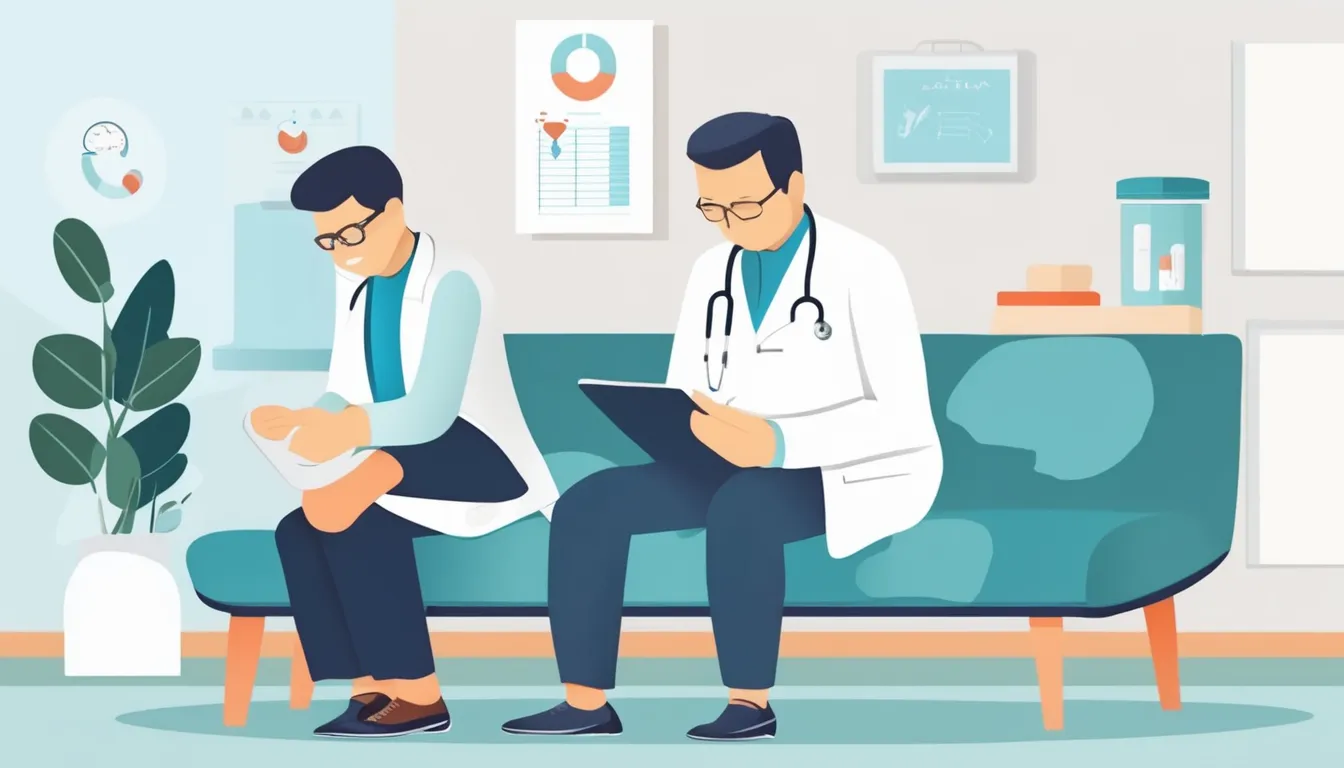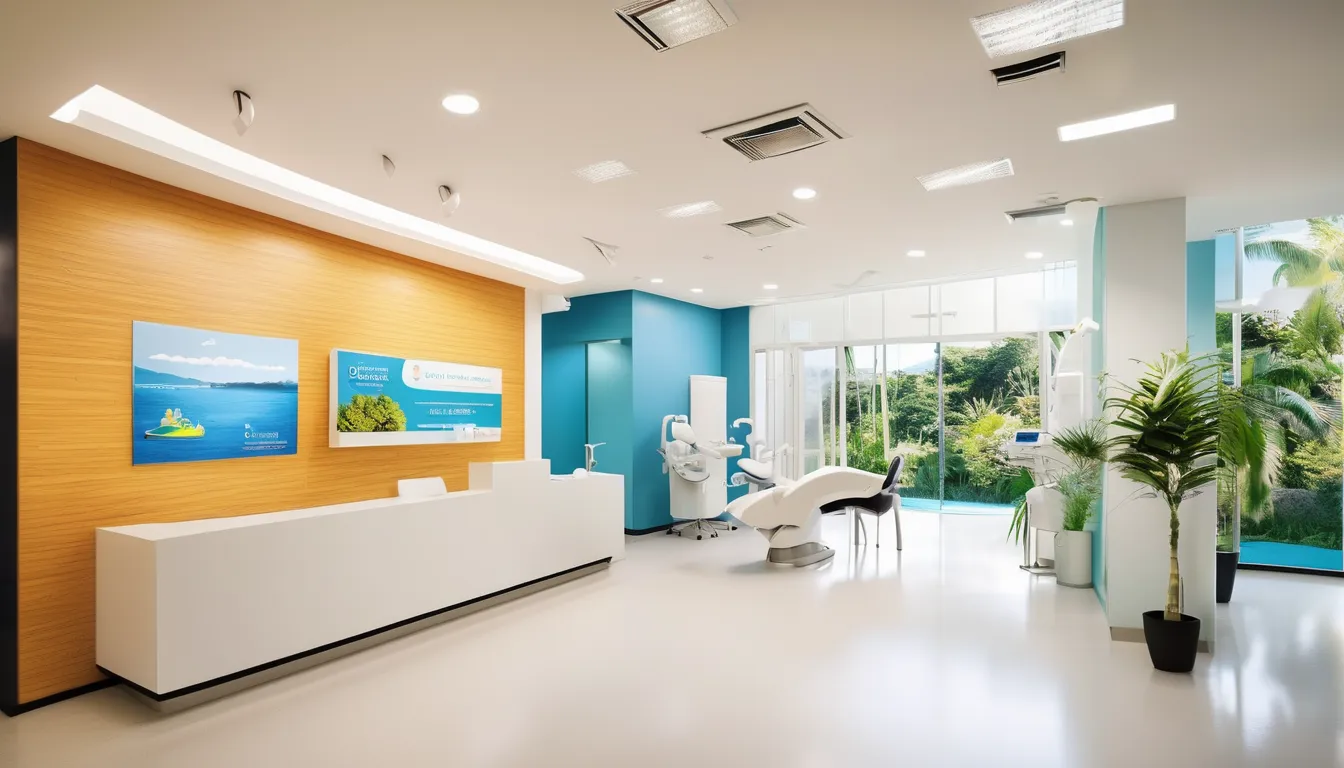Varicocele, a condition that impacts a significant portion of young males, is more than just a physical inconvenience. Understanding the intricate web of causes and risk factors behind varicoceles can shed light on why certain individuals are more susceptible than others. From genetics to lifestyle choices, various elements intertwine to create this often-overlooked issue. By exploring these factors in detail, you’ll gain a deeper insight into how varicoceles manifest and who is most at risk, prompting a reevaluation of common misconceptions surrounding this condition.
Varicocele Causes
When understanding varicocele causes, it’s important to know that they primarily result from the dilation and weakening of the veins within the scrotum. Varicoceles are essentially a form of varicose veins that occur in the testicles. The main reason behind this dilation is faulty valves in the veins, which disrupt the normal blood flow back to the heart, causing a backup and leading to the veins becoming enlarged.
This condition is most commonly found on the left side due to anatomical reasons that affect blood flow in that specific area.
Factors such as genetics, hormonal imbalances, and increased pressure within the abdomen can contribute to the development of varicoceles. It’s crucial to note that varicoceles are more commonly found in adolescents and young adults. While they often don’t cause symptoms, they can lead to fertility issues in some cases.
Seeking medical advice if you suspect a varicocele is important, as early detection and management can help prevent potential complications.
Risk Factors for Varicocele
To understand the risk factors associated with varicocele, it’s essential to recognize certain factors that may increase the likelihood of developing this condition. Varicoceles are more common in males between the ages of 15 and 25.
One significant risk factor is genetics; having a family history of varicoceles may predispose you to developing them. Another contributing factor is anatomical abnormalities, such as having renal vein variations that increase the pressure in the testicular veins.
Lifestyle choices like heavy lifting or prolonged standing can also play a role, as they may lead to increased pressure in the abdomen and affect blood flow in the veins surrounding the testicles. Additionally, obesity is linked to varicocele development due to the higher intra-abdominal pressure it causes.
Understanding these risk factors can help individuals take preventative measures and seek timely medical advice if needed.
Age and Varicocele
Age plays a crucial role in the development of varicocele. Varicoceles are more commonly diagnosed in young adults between the ages of 15 and 25, with the highest prevalence occurring in individuals aged 15 to 19. As you age, the risk of developing a varicocele tends to decrease, although it can still occur in older age groups.
The reason behind this age distribution is linked to the growth spurts during puberty. The rapid increase in height during this period can put pressure on the veins in the scrotum, leading to the development of varicoceles.
It is essential to be aware of this age-related risk factor, especially if you fall within the higher-risk age groups. Regular self-examinations and routine check-ups with a healthcare provider can help in early detection and management of varicoceles.
Remember that although varicoceles are more common in younger individuals, they can still develop at any age, so staying informed and proactive about your reproductive health is key.
Genetics and Varicocele
The role of genetics in varicocele development is a significant factor to consider. Varicoceles can sometimes run in families, suggesting a genetic component in their occurrence. If a close male relative, like a father or brother, has had a varicocele, your likelihood of developing one may be higher. Specific genetic factors related to vein structure and function could contribute to the development of varicoceles.
While genetics alone may not guarantee that you’ll develop a varicocele, it can increase your susceptibility to this condition. Understanding your family history regarding varicoceles can provide valuable insights for early detection and proactive management. If varicoceles have been prevalent among your relatives, it’s advisable to discuss this with a healthcare provider.
Genetic predispositions, combined with other risk factors, can influence the likelihood of varicocele development. By staying informed about your family’s medical history and seeking medical advice when needed, you can take proactive steps in managing varicocele risks influenced by genetics.
Varicocele in Athletes
Athletes, especially those engaged in high-impact sports, may be more prone to developing varicoceles due to the increased pressure and strain placed on the veins in the scrotum during physical activity. The repetitive and forceful movements involved in activities like weightlifting, cycling, or running can lead to the dilation of the veins in the scrotum, causing varicoceles to develop. Additionally, the increased intra-abdominal pressure experienced during weightlifting or heavy lifting can contribute to the development of varicoceles in athletes.
| Risk Factors | Impact on Athletes |
|---|---|
| High-impact sports | Increased pressure on scrotal veins |
| Repetitive movements | Dilation of veins in the scrotum |
| Heavy lifting activities | Raised intra-abdominal pressure |
It’s essential for athletes to be aware of these risks and to consider incorporating preventive measures, such as wearing supportive gear or taking breaks during training sessions, to reduce the likelihood of developing varicoceles.
Frequently Asked Questions
Can Varicocele Be Prevented Through Lifestyle Changes?
You can reduce varicocele risk with healthy habits. Regular exercise, a balanced diet, avoiding smoking, and maintaining a healthy weight can help. While prevention isn’t guaranteed, these lifestyle changes may lower your chances.
Is Varicocele More Common in Certain Professions?
Certain professions may increase the likelihood of varicocele, but it’s not solely determined by job. Regularly assess any potential risks in your work environment. Consult with healthcare professionals to understand 精索静脈瘤 prevalence in your field.
Can Varicocele Affect Fertility in Women?
Varicocele generally affects men’s fertility by impacting sperm production. However, varicocele does not directly affect fertility in women. It’s important for both partners to consult healthcare providers for a comprehensive fertility evaluation and guidance.
Are There Any Natural Remedies for Varicocele?
Yes, there are natural remedies for varicocele. You can try lifestyle changes like regular exercise, wearing supportive underwear, and a balanced diet rich in antioxidants. Herbal supplements such as horse chestnut or butcher’s broom may also help.
Does Varicocele Have Long-Term Health Implications?
Varicocele can have long-term health implications. It’s important to consult a healthcare provider for proper evaluation and management. Early detection and treatment can help prevent potential complications, improving your overall health and well-being.
Conclusion
So, now you know what causes varicocele, who is at risk, and who is most affected. Remember, genetics, age, and lifestyle choices can all play a role in the development of varicocele. If you suspect you may have varicocele or are at risk, it’s important to talk to your healthcare provider for further evaluation and potential treatment options. Stay informed and take care of your health!





